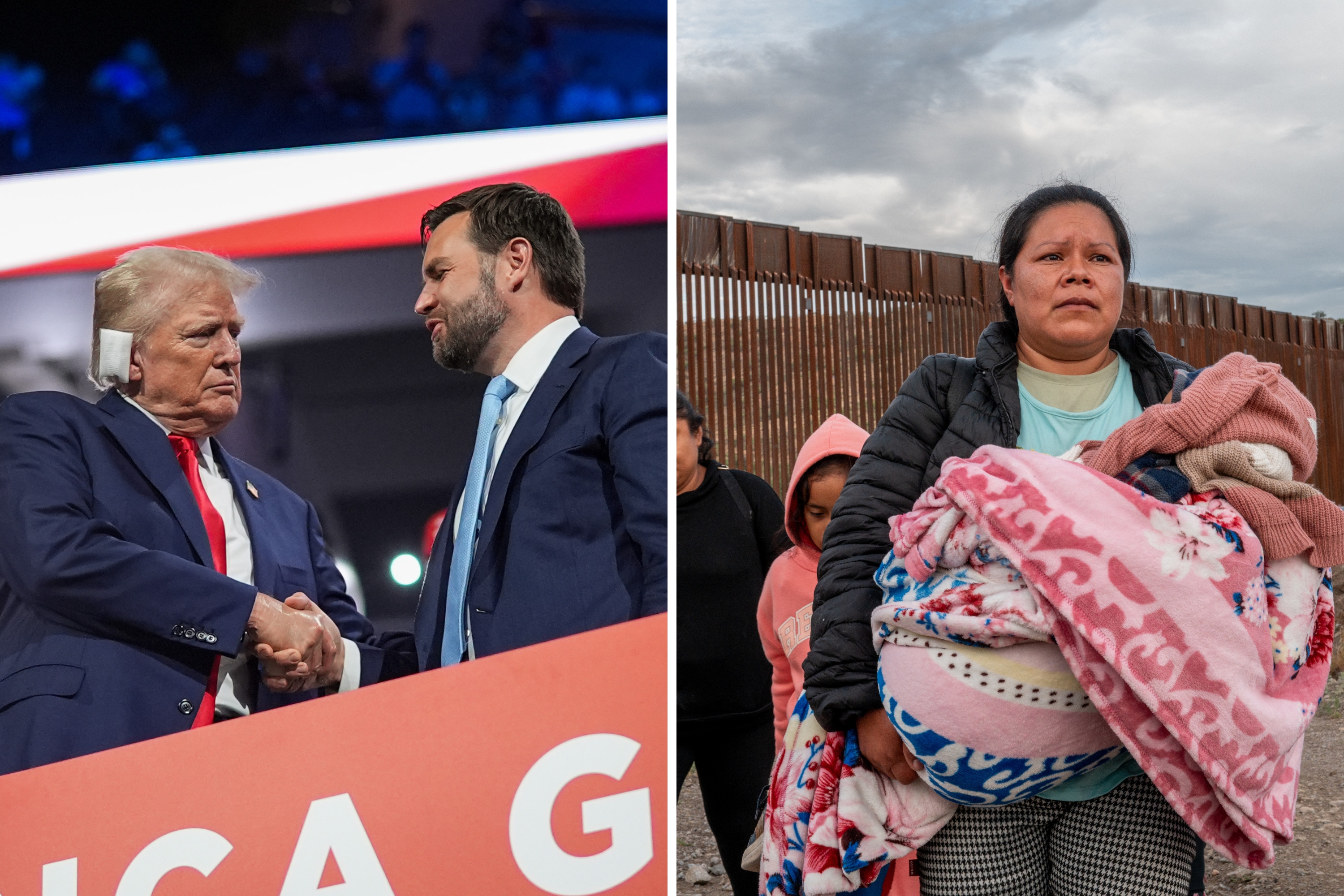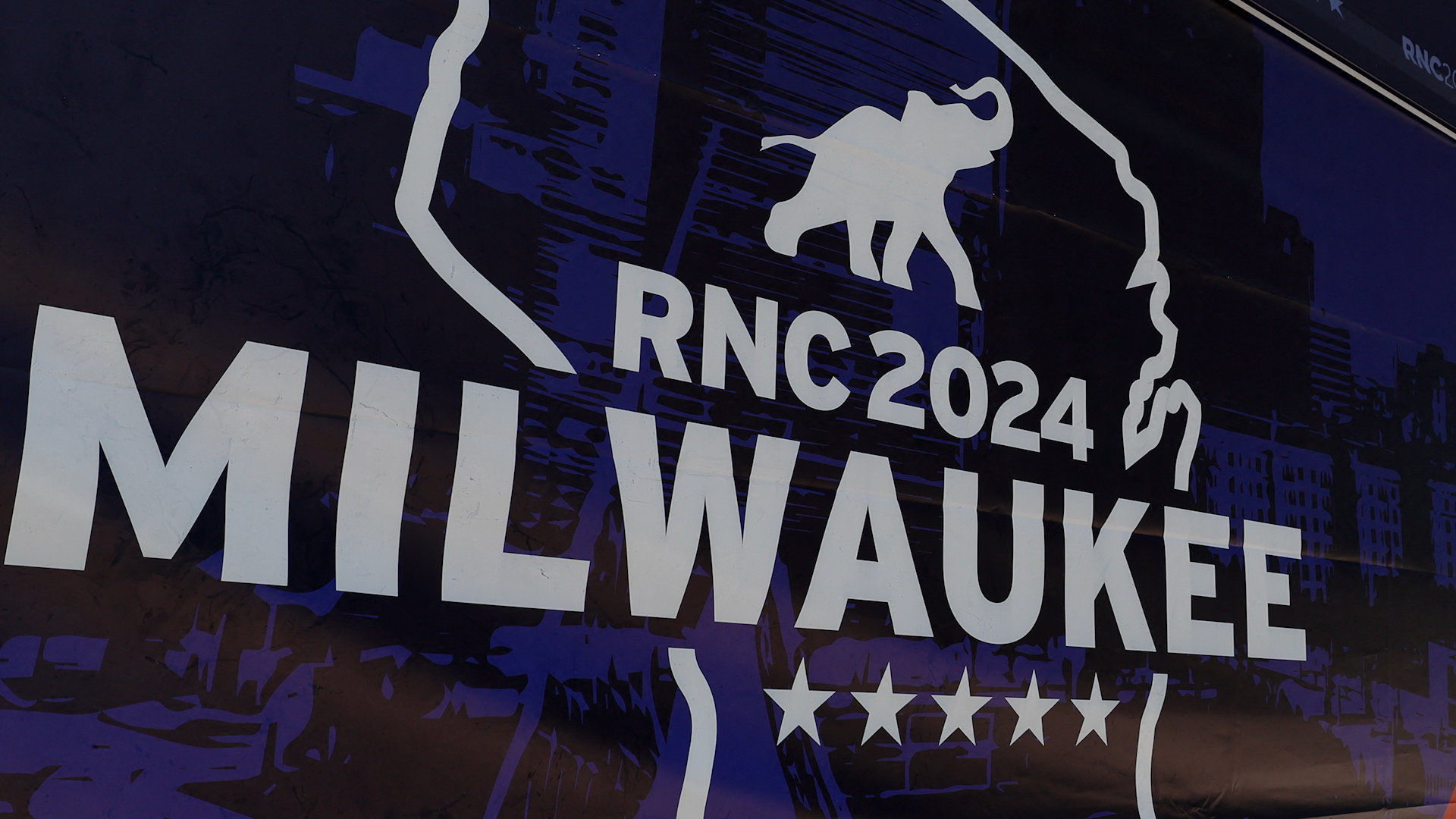Prominent Republican Leaders: Rnc Speakers

Rnc speakers – The Republican National Convention (RNC) features a lineup of prominent Republican leaders who represent the diverse ideologies and priorities within the party. These speakers play a crucial role in shaping the party’s platform and galvanizing support for its candidates.
Amidst the eloquent orators of the RNC, a name emerged that resonated deeply: J.D. Vance. His memoir, Hillbilly Elegy , painted a vivid portrait of the forgotten Americans who had shaped the country’s history. His insights into their struggles and resilience served as a poignant reminder of the RNC’s commitment to uplift the voices of those often overlooked.
Political Backgrounds and Affiliations
The RNC speakers come from a wide range of political backgrounds, including elected officials, party leaders, and conservative commentators. They represent a mix of establishment figures and rising stars within the Republican Party.
Amidst the eloquent speeches echoing through the RNC halls, one couldn’t help but recall the infectious energy of Jack Black. His signature antics and self-deprecating humor would have injected a touch of levity into the serious proceedings. Yet, even in the absence of his physical presence, the spirit of camaraderie he evokes serves as a reminder that amidst the political debates, it’s the shared human experience that ultimately unites us.
Policy Positions and Legislative Priorities
The speakers’ policy positions reflect the broad spectrum of views within the Republican Party. They advocate for conservative principles such as limited government, free markets, and individual liberty. Key issues they address include tax cuts, healthcare reform, immigration, and national security.
Potential Influence on the Republican Party Platform, Rnc speakers
The RNC speeches serve as a platform for the speakers to articulate their views and influence the party’s platform. They can shape the party’s messaging, mobilize the base, and set the agenda for the upcoming election cycle.
Emerging Voices and Perspectives

The Republican National Convention (RNC) provides a platform for rising stars within the party to share their messages and shape the future direction of the GOP. These emerging voices represent a diverse range of perspectives and policy priorities, reflecting the evolving landscape of the party.
These up-and-coming figures have gained prominence through their work in local and state government, as well as their active involvement in party organizations and grassroots campaigns. Their messages often resonate with the core principles of the Republican Party, such as fiscal conservatism, limited government, and individual liberty.
Rising Stars in the Republican Party
- Kimberly Klacik, a former congressional candidate from Maryland, gained national attention for her outspoken support of President Trump and her advocacy for school choice.
- Dan Crenshaw, a former Navy SEAL and current U.S. Representative from Texas, is known for his strong stance on national security and his commitment to veterans’ issues.
- Mia Love, a former U.S. Representative from Utah, made history as the first African American Republican woman elected to Congress.
Cross-Ideological Perspectives

The RNC featured speakers from diverse backgrounds and ideological viewpoints, reflecting a shift towards inclusivity within the Republican Party. These speakers included former Democrats, independents, and even a prominent Never Trumper.
Their perspectives contributed to the overall tone and message of the convention, which emphasized unity and a focus on issues rather than partisan politics. This inclusivity has implications for the Republican Party’s image and appeal, as it demonstrates a willingness to engage with a broader range of voters.
Diverse Speakers
- Former Democratic Congressman Max Rose, who spoke about the importance of bipartisanship.
- Independent conservative Evan McMullin, who endorsed President Trump.
- Never Trumper John Kasich, who delivered a speech that criticized the President but also called for unity.
Contributions to the Convention
- Rose’s speech emphasized the need for Republicans and Democrats to work together to solve the country’s problems.
- McMullin’s endorsement of Trump signaled a willingness among some conservatives to support the President despite their previous reservations.
- Kasich’s speech, while critical of Trump, also stressed the importance of party unity in the face of a common enemy.
Implications for the Republican Party
- The inclusion of speakers from diverse backgrounds demonstrates a willingness to engage with a broader range of voters.
- This inclusivity could help the Republican Party to appeal to moderate voters and independents.
- It also signals a shift towards a more inclusive and less partisan Republican Party.